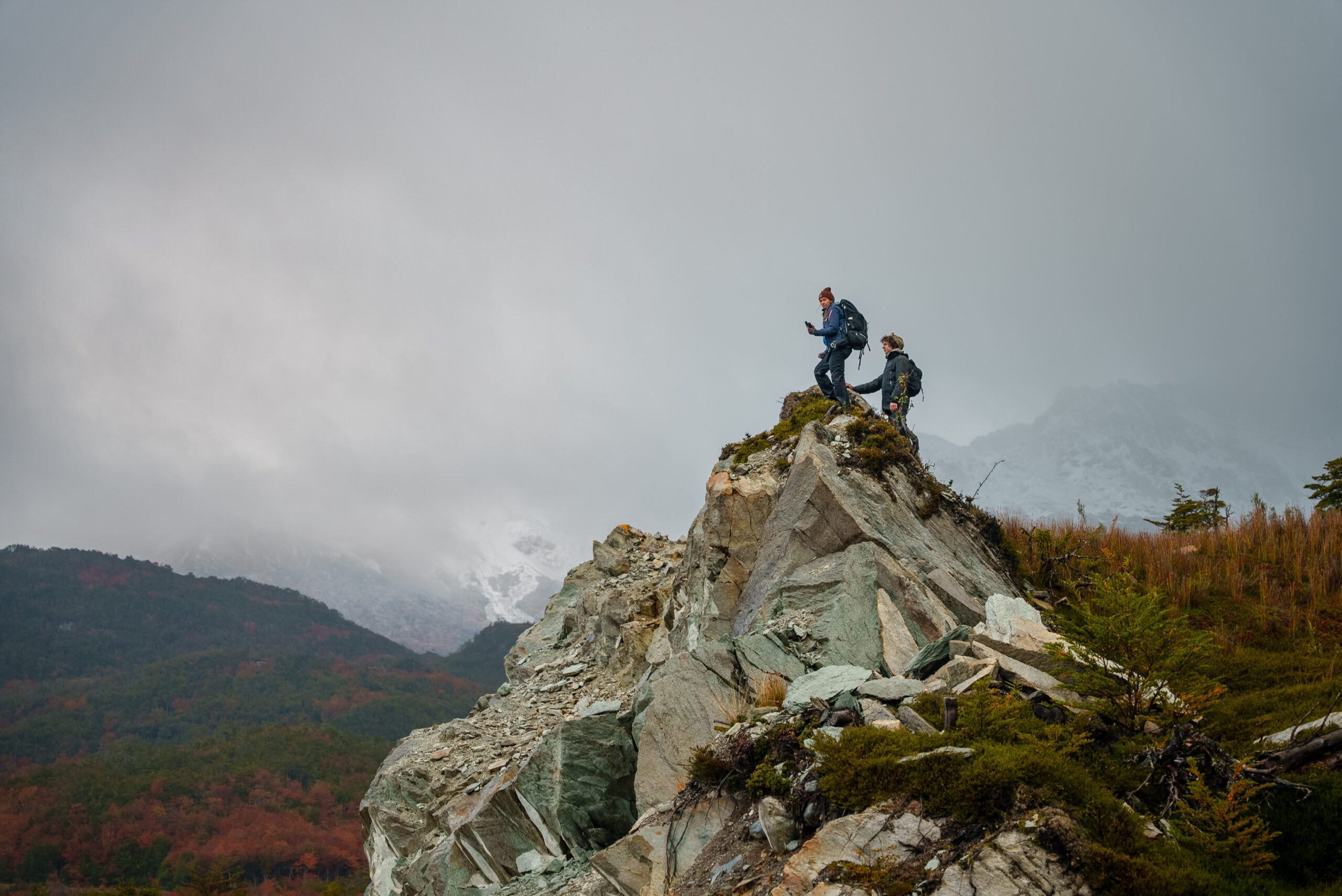Mapping Earth’s Hidden Allies: SPUN’s Mission to Protect Mycorrhizal Fungi and Combat Climate Change
Bioneers | Published: May 22, 2024 Restoring Ecosystems Article
Written by The Society for the Protection of Underground Networks (SPUN)
Mycorrhizal fungi, the network-forming fungi that form symbiotic relationships with plant roots, have underpinned life on Earth for over 450 million years. Scientists know that mycorrhizal fungi are critical to maintain ecosystem health, and that they transport massive amounts of carbon fixed by plants – making them an untapped resource in our fight against climate change.
However, only 0.01% of Earth’s surface has been sampled for mycorrhizal biodiversity. As a result, these underground ecosystem engineers have been left out of conservation agendas and environmental assessments.
In response to the gap in global concern for mycorrhizal fungi, The Society for the Protection of Underground Networks (SPUN) launched in 2021. SPUN is carrying out large-scale research to map and protect the mycorrhizal networks that regulate Earth’s climate and ecosystems.
There’s a tremendous amount of ground to cover. As the planet’s warming accelerates, we need to gather as much information about climate-regulating underground fungi as possible. In an effort to accelerate sampling efforts and decentralize their research methods, SPUN developed the Underground Explorers Program, supporting local scientists with grants to sample and document mycorrhizal fungi in the world’s most underexplored regions.
SPUN and their collaborators need resources and funding to help compile fungal data from across the world into high-resolution maps that use machine learning to project mycorrhizal biodiversity and threats to underground ecosystems, so fungi in the greatest peril can be identified and conserved. Reach out to SPUN on the contact page if you have ideas for resources, funding or collaborations. You can learn more by watching the videos of their expeditions.
Profiles of all Underground Explorers are available on their web page. Here are a few profiles of past recipients of the awards.
Dr. Jessica Duchicela – Ecuador – Dr. Duchicela is tracing 19th-century German explorer Alexander von Humboldt’s route through Ecuador. “While his scientific contributions were remarkable, it is important for Ecuadorian research teams to critically engage with his legacy, acknowledging the power dynamics and biases inherent in colonial scientific endeavors, while leveraging his methodology and findings to advance our own indigenous knowledge systems.”
Dr. Nicole Hynson – Hawai’i – Dr. Hynson’s project aims to understand which mycorrhizal fungi are partnered with Hawai’i’s endemic plants. The islands’ native flora are facing exceptionally high rates of extinction, and Hynson hopes that understanding their mycorrhizal communities could aid in future restoration efforts.
Dr. Nahuel Policelli – Patagonia – Patagonia’s steppe grasslands are extremely understudied. These ecosystems are being threatened by an invasive willow shrub that is quickly dominating the landscape. Policelli is working to learn whether non-native plants are “borrowing” mycorrhizal fungi as a mechanism to facilitate their invasion.
Dr. Nourou Yorou – Ivory Coast – Ivory Coast has lost 85% of its forests since 1960, driven in large part to cocoa production. Yourou is studying the underground effects of forest conversion to cocoa plantations, comparing forested belowground biodiversity to conventional and organic cocoa plantations.
